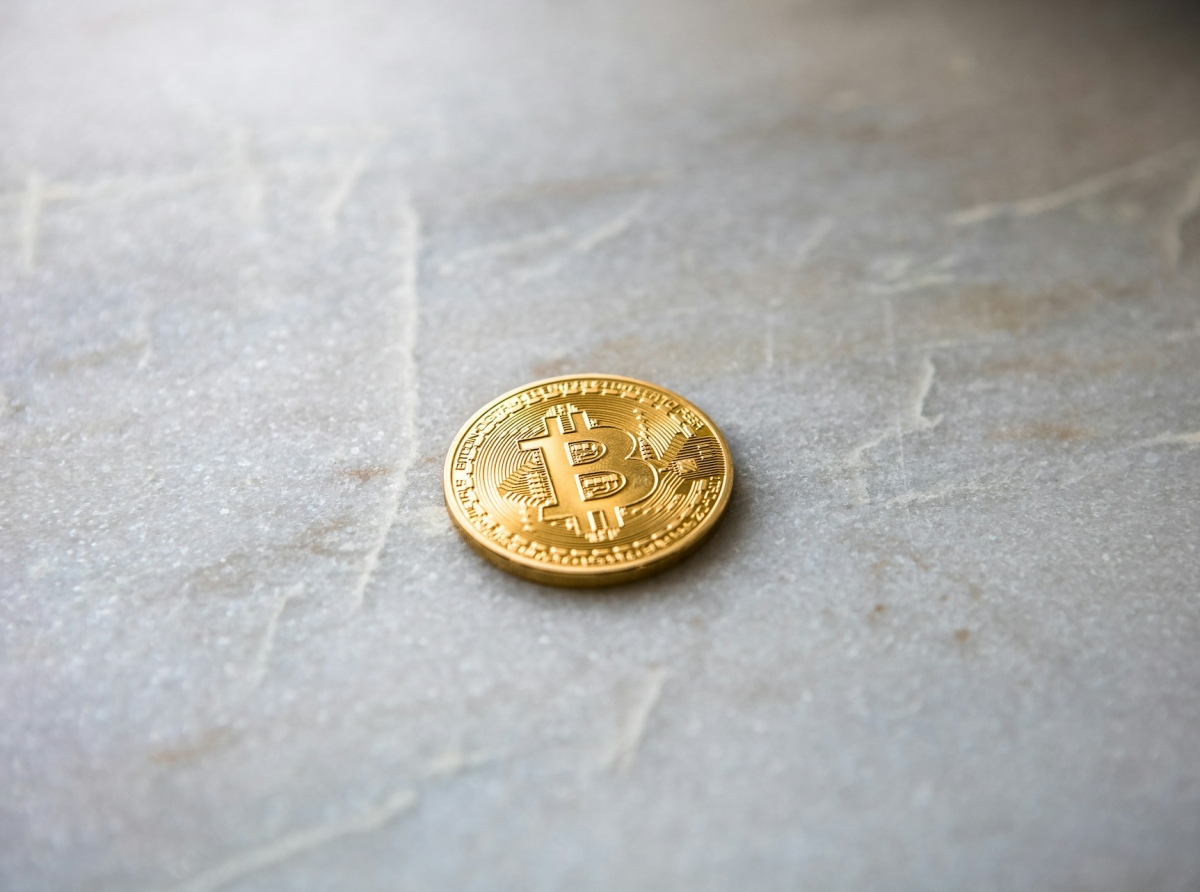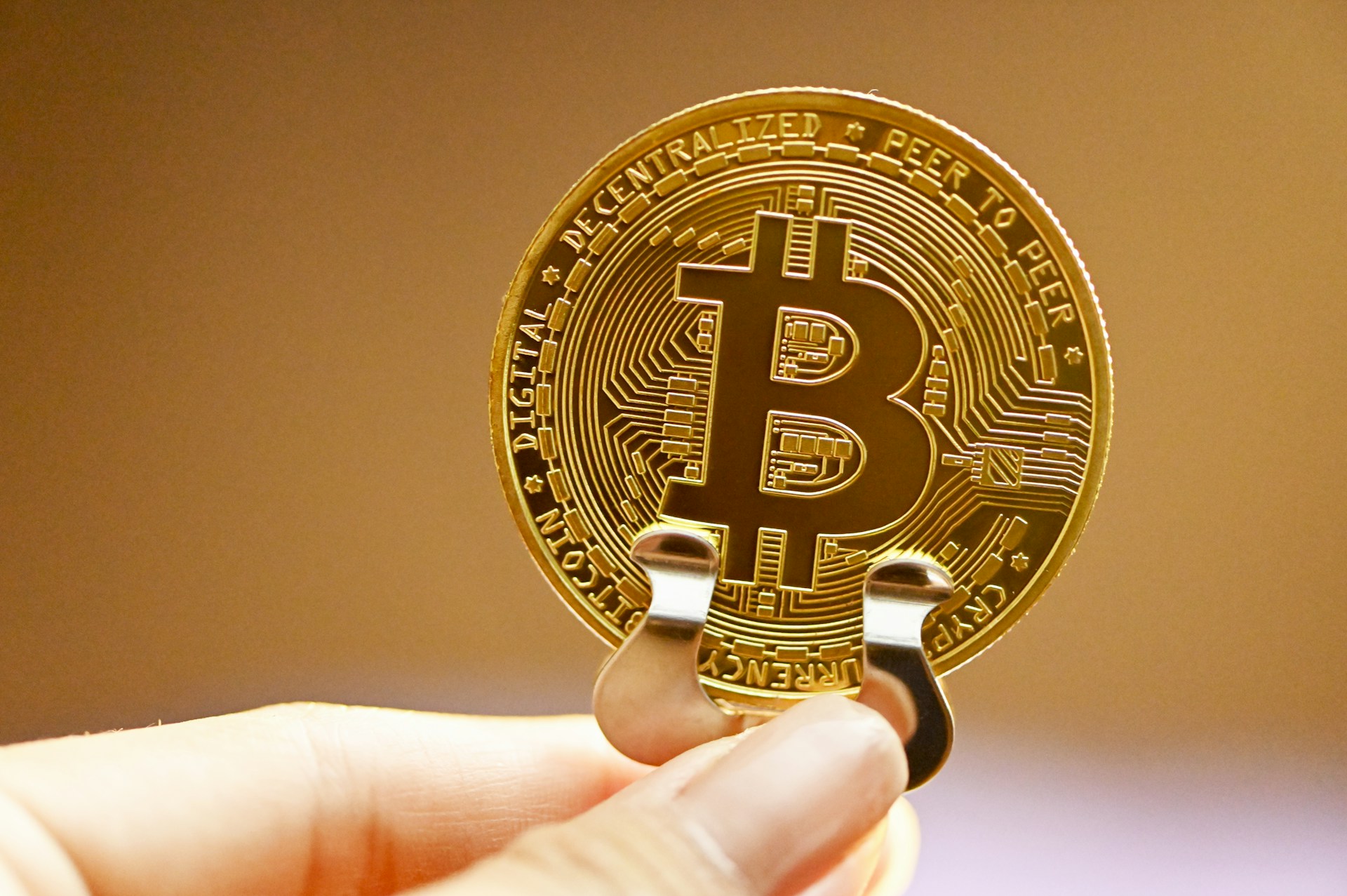Why Exchanges Verify the Cleanliness of Bitcoins: Understanding the Importance of AML Compliance

Why Exchanges Verify the Cleanliness of Bitcoins: Understanding the Importance of AML Compliance
The concept of ‘clean’ bitcoins is a crucial aspect in the realm of financial transactions. In essence, ‘clean’ bitcoins are those that have no association with illicit activities or dubious sources. These are digital assets that have a transparent transaction history, free from connections to money laundering, financing of terrorism, or other criminal endeavors. For everyday users and the financial system at large, the implications of transacting with ‘clean’ bitcoins are substantial. They assure participants within the network that their investments and trades conform to legal and ethical standards.

Why Exchanges Verify the Cleanliness of Bitcoins: Understanding the Importance of AML Compliance
The Role of Exchanges in Cryptocurrency Transactions
Cryptocurrency exchanges play a vital role as intermediaries in the ecosystem of buying, selling, and trading bitcoins. Just as traditional stock exchanges provide a platform for securities transactions, crypto exchanges offer users a marketplace to engage with digital currencies. Exchanges provide much-needed liquidity, price discovery, and an environment for market participants to engage in trade with confidence.To ensure this confidence is well-placed, exchanges have the responsibility of facilitating transactions that adhere to regulatory requirements. This includes enforcing policies and procedures that verify the ‘cleanliness’ of bitcoins being traded on their platforms. Such services are not only about providing user access to digital currencies but also about ensuring the integrity of these transactions.
Anti-Money Laundering (AML) Regulations and Compliance
AML laws are designed to prevent the integration of ill-gotten gains into the financial system. These regulations apply just as much to bitcoin transactions as they do to conventional financial operations because cryptocurrencies can also be used for money laundering or funding illegal activities.Compliance with AML regulations by exchanges is pivotal in preempting financial crimes such as money laundering and terrorist financing. By implementing Know Your Customer (KYC) and AML policies, exchanges can monitor transaction patterns that may indicate suspicious activities and take necessary actions such as reporting to regulatory authorities or even freezing assets when required.
The Verification Process and Its Impact on Users
The verification process adopted by exchanges often involves scrutinizing transaction histories to ensure that bitcoins have not been tainted by connections with unlawful conduct. This due diligence typically requires users to provide identification documents and sometimes explain the source of their funds.While crucial for maintaining legal compliance, this verification process can raise concerns among users regarding their privacy. Furthermore, it may slow down transaction speeds due to additional checks and balances put in place by exchanges. Balancing ease-of-use with stringent security measures presents a challenge for service providers aiming to promote wider adoption while upholding regulatory standards.
In summary, verifying the cleanliness of bitcoins is an indispensable procedure for cryptocurrency exchanges under AML compliance frameworks. It helps create a secure environment where users can engage in transactions without inadvertently participating in illegal activities.
Maintaining high security standards is imperative for exchanges; however, they must also strive to refine their verification processes such that they impact user experience minimally. By doing so, they can support both regulatory obligations and user satisfaction—paving the way for more secure yet accessible cryptocurrency trading platforms that uphold both law enforcement goals and market efficiency requirements.
Tags:Cryptocurrency, Bitcoin, AML Compliance, Financial Transactions, Cryptocurrency Exchanges
Maintaining high security standards is imperative for exchanges; however, they must also strive to refine their verification processes such that they impact user experience minimally. By doing so, they can support both regulatory obligations and user satisfaction—paving the way for more secure yet accessible cryptocurrency trading platforms that uphold both law enforcement goals and market efficiency requirements.
Tags:Cryptocurrency, Bitcoin, AML Compliance, Financial Transactions, Cryptocurrency Exchanges














Report
My comments